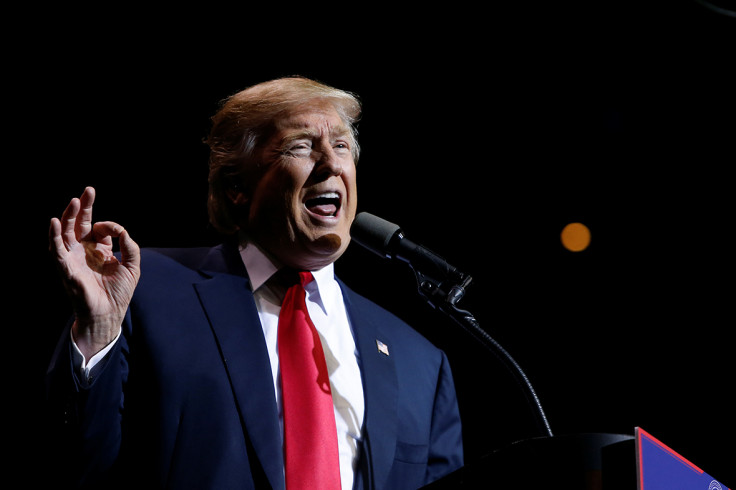What is the Donald Trump 'doctrine'? US president-elect gives hints on foreign policy goals
Billionaire formally announces James 'Mad Dog' Mattis at an event in North Carolina.

During his campaign for US president, Donald Trump's foreign policy "doctrine" consisted of little more than a pledge not to be like Barack Obama and to "bomb the s**t out of Isis". One month since the election, he has given few clues on what path he will take in his dealings with the rest of the world.
But on Tuesday (6 December) night he made his first comments on foreign policy during an event to formally announce his nomination for secretary of defence, James "Mad Dog" Mattis. Trump pledged to "stop racing to topple foreign regimes we know nothing about" and to "destroy Isis".
Speaking to supporters in North Carolina, the president-elect committed to building up the US military while at the same time disavowing the interventionism of his Republican predecessor, George W Bush, who he roundly criticised during his campaign for the 2003 war in Iraq.
"We don't forget. We want to strengthen old friendships and seek out new friendships. We will build up our military not as an act of aggression, but as an act of prevention. In short, we seek peace through strength," he said at the event near Fort Bragg air force base in North Carolina.
Everyone from analysts to foreign leaders have been scouring Trump's statements for an indication on the foreign policy stance he will take after he is inaugurated on 20 January. The fear is that in withdrawing from the world, he will allow Vladimir Putin and Russia to fill the void.
His speech in North Carolina has not done much to enlighten the world on the ins and outs of the "Trump doctrine", although Baghdad will be relieved that he is likely to continue Obama's support for the anti-Isis campaign in northern Iraq.
Indeed, it has been arms manufacturers that have been one of the major beneficiaries of a Trump win. BAE systems saw its stocks rise seven percent in the hours after he defeated Hillary Clinton on 8 November. Trump will also be hoping that an increase in the US military capabilities will provide both jobs and economic growth that he promised as part of his campaign.
© Copyright IBTimes 2024. All rights reserved.






